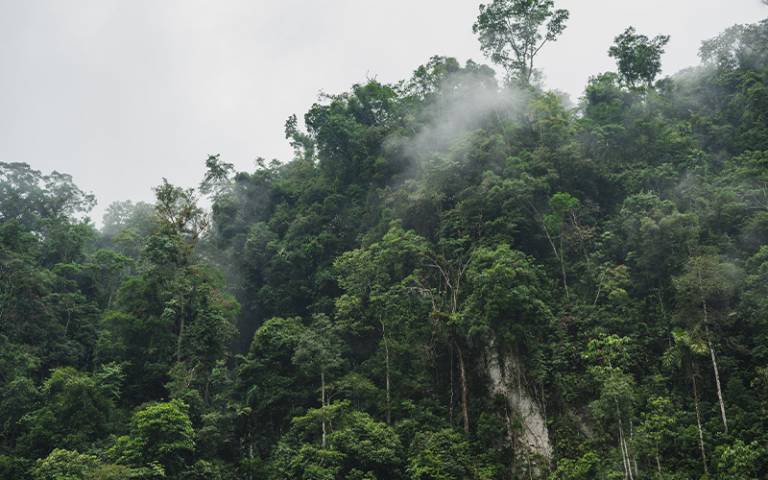
Written by Katie Rodriguez
Brazil being home to the famous Amazon rainforest brings in the ability for agriculture including sugarcane production. On the other end it also brings up huge controversy and responsibility. In November 2019 Brazil took the decision to remove restrictions to sugarcane production in the Amazon in hopes to increase the production of ethanol that would later be used to produce biofuel, a renewable, more environmentally friendly alternative source of fuel.
Sugarcane can be considered Brazil’s competitive advantage in the field of agriculture for its large reduction of greenhouse gas emissions compared to both corn and fossil fuels. However, in light of this new decree, this advantage may have no more use as the greenhouse emissions released through the deforestation of the Amazon forest undoubtedly increases to create land for its plantation.
The biggest reason why there are debates against Brazil’s change in policy is the reputation risk that may affect both Brazil strongly and other countries receiving exports from them. This is because of the deforestation that would happen in order to create space for plantations. As climate change is such a big concern today, being associated with the increase in greenhouse emissions, which I feel can be avoided by a “U-turn” on this new decree, will not present these countries in a good light. In fact, environmentalists feel this change sends a message that the Brazilian government sees no value in protecting standing forests which may not be the case, however their actions may convey this. Also, it depicts to the public that the government cares much more about the economy of the country than climate change and its environmental impact. As a result of reputation risks, sugarcane trading between the EU and Brazil may come to a halt, sources believe as conditions in their trade-deal are broken, which would have a damaging impact on its economy.
Apart from the annulation of the policy itself, it seems that the government has created another barrier as now those who grow sugarcane crops outside the zoned area are unable to receive funding from state financial institutions which may limit many and almost forcing many to abide and grow the crop in these uncertain, controversial areas. Despite this, we are still unsure what this means for the sugarcane production industry. This is partly due to the Amazon’s conditions being unsuited for the growth of sugarcane due to its high temperatures and drought which causes stress on its growth.
Conversely, the main reason why this new decree was introduced is because of the pressure from governments of Amazonia states arguing that although they have processing mills located within their borders, there are no local sugarcane plantations to provide feedstock for its use in the production of ethanol. Ultimately, supplying land in the Amazon for planting sugarcane would help solve this situation and maintain relationships with the states. However, if this is the way the Brazilian government want to keep relationships with its states, it risks wrecking other relationships that may be much more needed and considered more important such as other countries and Brazil’s own residents itself.
Despite this new policy, it doesn’t mean that the environment cannot still be protected. The annulation may say that the restrictions on the use of the Amazon for agriculture are removed, but it doesn’t stop people from planting crops elsewhere. Also, due to the unsuitable conditions as stated before in the Amazon, it would not be effective to plant sugarcane crops there in the first place.
Furthermore, Brazil’s National Biofuels Policy indeed gives incentives for biofuel production but doesn’t tolerate deforestation, so people can make use of the policy and grow crops in better conditions and without negatively impacting the environment. A big reason why we still remain hopeful for the preservation of the beauty of the Amazon is the fact that most if not all in the sugarcane industry have shown the behaviour of wanting to avoid association with the deforestation, compared to soy and cattle industries. I feel this is because they see no point in expanding into protected areas as there is far more land not connected to the primary forest. The uniqueness, its ecological features and the fact that it has been standing for many years shows it should be appreciated and taken care of.
From what we can see, the Brazilian President’s new decree brings in more complex and wider problems behind it. Some people may not be concerned about protecting the environment, but we can see the impact that may happen to all those involved, so protecting the environment does more than what it says, it strengthens reputations, relations, brings unity and preserves natural beauty.
 Close
Close

